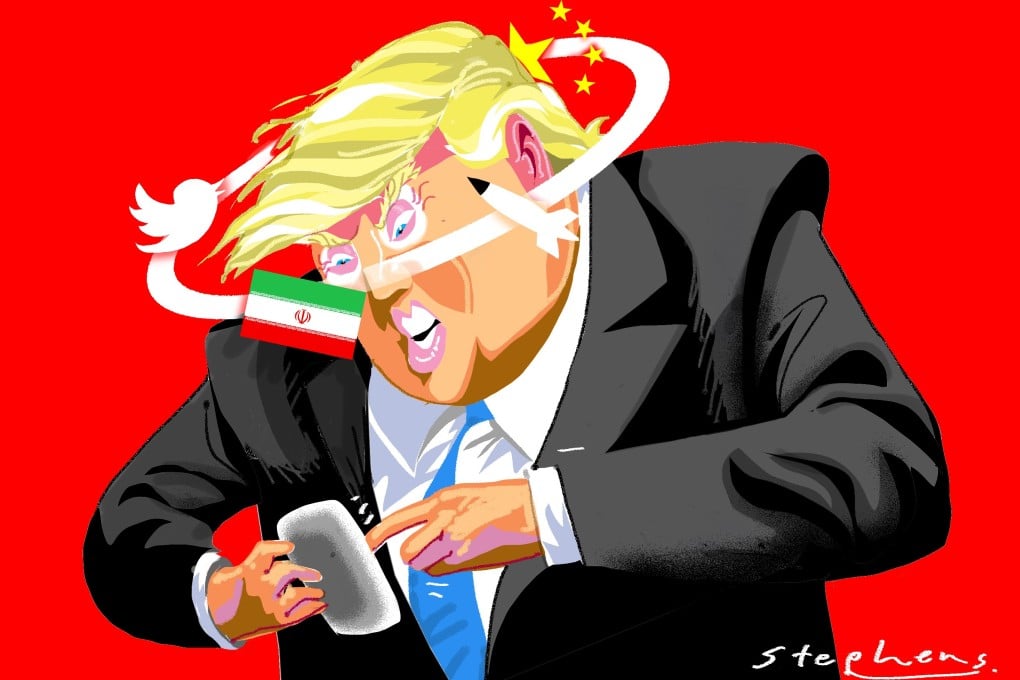Advertisement
Opinion | George W. Bush’s disastrous Iraq war paved the way for China’s rise. Is Trump about to make the same mistake?
- China joined the WTO and grew into an economic giant in the time the US was fixated on fighting al-Qaeda. It’s a lesson Trump appears not to have learned
- Despite designating China a strategic adversary, the assassination of Soleimani threatens to pitch the US into another bruising Middle East conflict
Reading Time:3 minutes
Why you can trust SCMP

US President Donald Trump’s decision to order the assassination of Qassem Soleimani, Iran’s most powerful military commander, has raised the spectre, albeit still distant, of all-out war between the United States and the Islamic Republic. There is only one winner in this situation: China.
With Trump’s latest blunder, history may not be repeating itself, but it is certainly rhyming. When George W. Bush began his presidency in January 2001, his neoconservative advisers identified China as the biggest long-term threat to the US. So his administration labelled China a “strategic competitor” and set to work on containing America’s Asian rival.
In April 2001 – the same month that a US Navy spy plane accidentally collided with a Chinese fighter jet while on a routine surveillance mission over the South China Sea – the US announced the sale of a weapons package to Taiwan over Chinese protests. Bilateral relations plunged to their lowest point since the normalisation of diplomatic ties in 1979.
Advertisement
Everything changed on September 11, 2001, when the US was struck by the single deadliest terrorist attack in history. The Bush administration became so preoccupied with retaliating against al-Qaeda – an objective that led to the catastrophic decision to invade Iraq two years later – that it all but forgot the distant spectre of an Asian superpower.
Just three months after 9/11, the Bush administration signed off on China’s accession to the World Trade Organisation, and China’s economy shifted into high gear. In 2000, China’s economic output amounted to US$1.21 trillion – less than 12 per cent of US gross domestic product. By the end of Bush’s second term, in 2008, China’s GDP had reached US$4.6 trillion – more than 31 per cent of America’s. Today, China’s GDP stands at about 65 per cent of the US level.
Advertisement
Advertisement
Select Voice
Select Speed
1.00x
